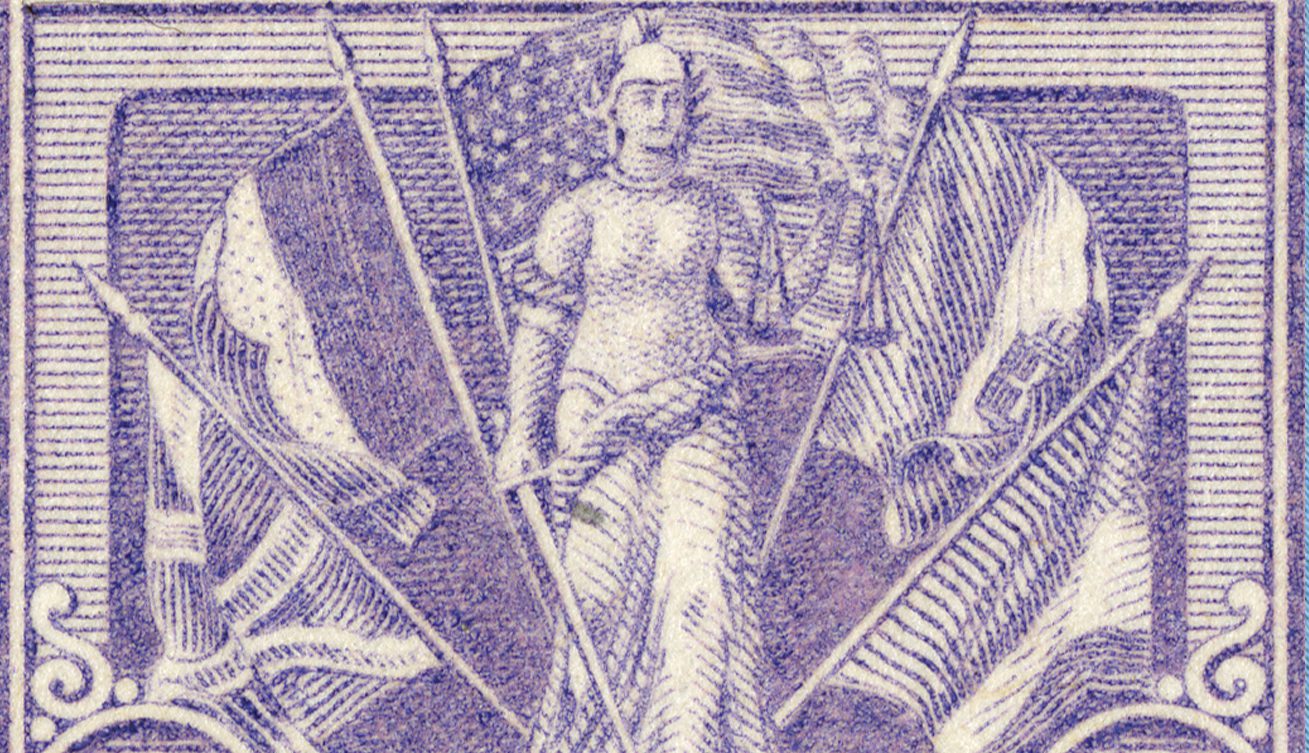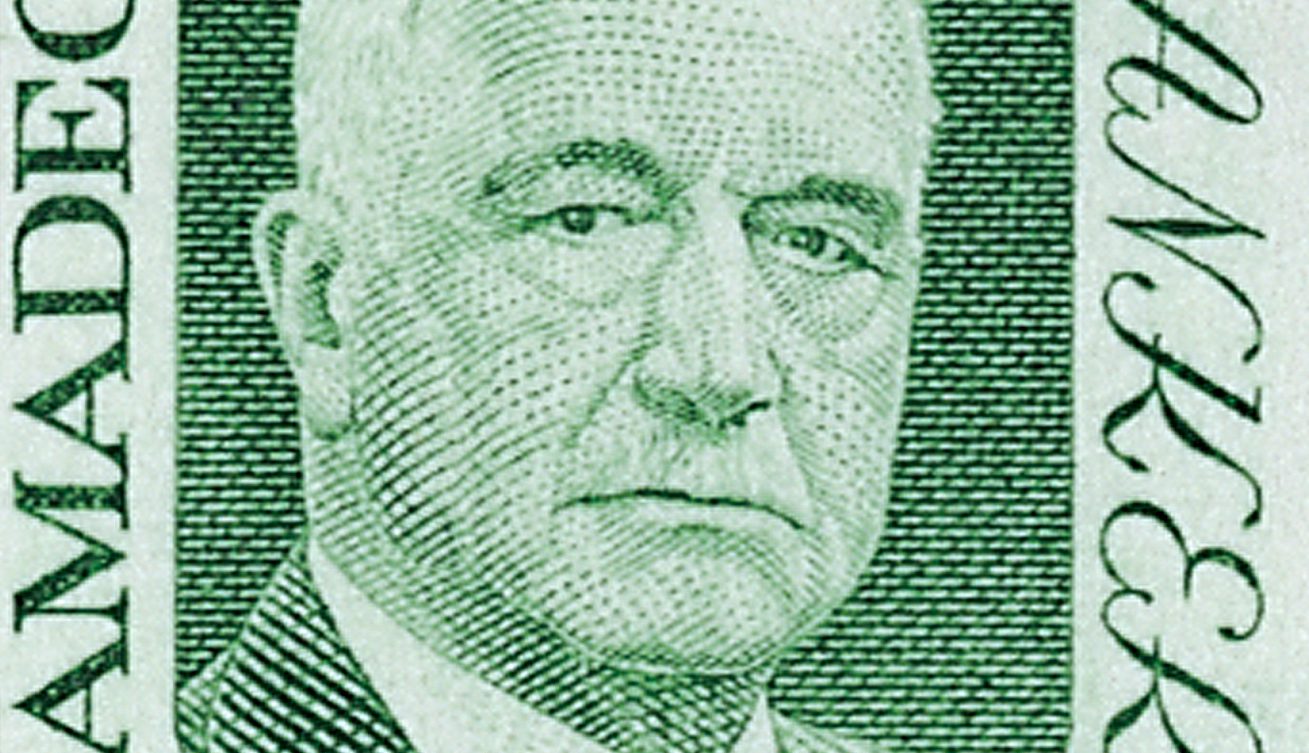Birth of Katherine Anne Porter
Katherine Anne Porter was born Callie Russell Porter on May 15, 1890, in Indian Creek, Texas. Porter was best known for her long short stories written in flawless prose, which have a texture and complexity usually found only in novels.









